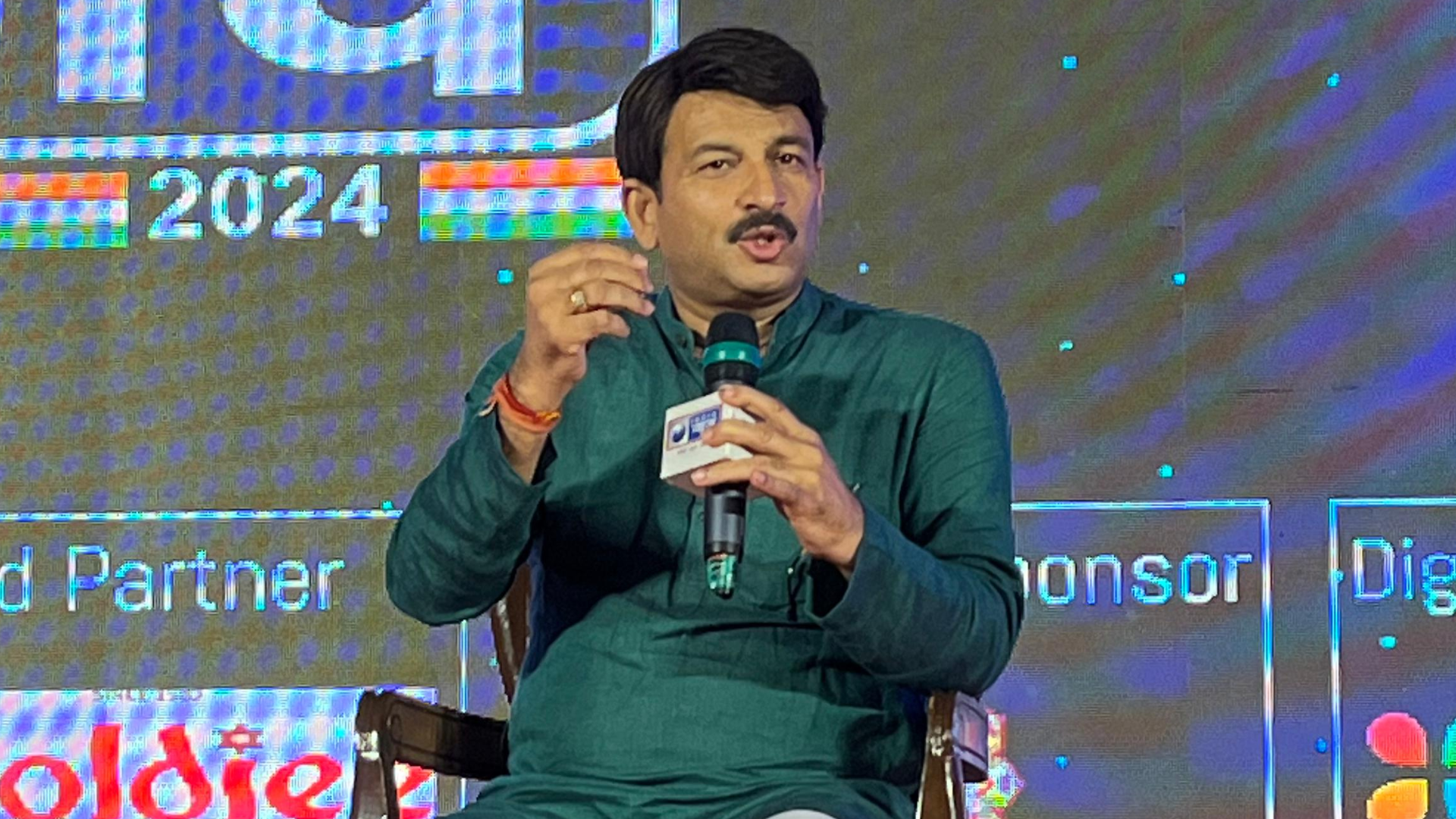On November 13, the Supreme Court issued a stern judgment against what it termed “bulldozer justice,” emphasizing that executive authorities cannot demolish properties solely on the basis of accusations or convictions. The Court held that such actions bypass the principles of rule of law and violate the doctrine of separation of powers, which places the authority to determine guilt exclusively in the hands of the judiciary.
The judgment responded to multiple petitions, including one from Jamiat Ulema-i-Hind, which raised concerns over the increasing trend of demolitions linked to alleged criminal offenses.
The Court clarified that the executive’s power does not extend to pronouncing or enacting punishments, as such roles fall under the judiciary’s domain. “The executive cannot declare a person guilty, as this process is the fundamental aspect of the judicial review,” the Court stated. It further noted that property demolitions conducted without a fair trial process undermine the basic tenets of justice. “Such an act of the executive would be transgressing its limits,” the Court emphasized, indicating that arbitrary demolitions erode public trust in legal institutions.
A Lawless Image: Arbitrary Demolition and Its Impact
Reflecting on recent incidents, the Supreme Court underscored the “chilling sight” of bulldozers razing structures without due process, suggesting that such displays give the impression of a “lawless state of affairs, where ‘might was right’.” The Court reiterated that the Constitution’s foundation rests on the rule of law, asserting, “Such high-handed and arbitrary actions have no place.”
The Court pointed out that even convicted individuals cannot have their properties demolished without following legal procedures. It remarked, “Such an action also cannot be done in respect of a person who is convicted of an offence.” Additionally, the Court noted that demolishing the property of an accused or convict affects their entire family, amounting to collective punishment. Arbitrary and selective demolitions, it added, might indicate “malafide” intent on the part of the authorities.
One of the Court’s notable directions focused on accountability, asserting that public officials who partake in unauthorized demolitions would be held personally liable. “Public officials who take law in their hands and act in such a high-handed manner must be fastened with accountability,” the Court stated. It insisted that officials responsible for unlawful demolitions would be personally liable for restitution and damages.
National Guidelines on Demolition Procedures
To prevent arbitrary demolition practices, the Supreme Court outlined a set of guidelines applicable nationwide:
- Notice and Waiting Period: Authorities must provide a show-cause notice before any demolition, with a mandatory response period of at least 15 days. This is to ensure affected parties have sufficient time to respond or challenge the order.
- Method of Notification: Notices should be sent via registered post and displayed visibly on the concerned property. An email confirmation system must also be implemented by each district to confirm receipt of notices.
- Digital Transparency: Municipal bodies must establish a digital portal within three months of the judgment to record all steps in the demolition process, from notice issuance to final orders.
- Personal Hearing and Final Order: Authorities must offer a personal hearing to the property owner, documenting the reasons for demolition, any possibility of retaining parts of the structure, and justifying why demolition is the only viable solution.
- Opportunity for Appeal: Even if demolition orders are confirmed, a 15-day delay should be observed before execution, allowing property owners time to remove unauthorized constructions or appeal the decision.
- Detailed Documentation and Oversight: All demolition activities must be recorded, including an inspection report, and the entire demolition must be videographed. The documentation will be stored in the municipal commissioner’s office and displayed on the digital portal.
The Supreme Court warned that any demolition carried out without adhering to these guidelines could lead to contempt proceedings and personal liability for officials involved. If demolition is found to be unlawful, officials may be responsible for restoring the property and covering damages.
Background of the Case and the Road to Reform
This landmark judgment is part of a series of hearings addressing a disturbing trend of extrajudicial demolitions in various states, including Uttar Pradesh, Madhya Pradesh, and Gujarat. The issue gained attention in April 2022 after a planned demolition drive in Delhi’s Jahangirpuri area, following communal violence. Although the demolition was ultimately paused, it sparked nationwide calls for reform to curb the misuse of demolition powers.
Responding to the petitions, the Supreme Court held extensive hearings and announced its intention to establish comprehensive guidelines to ensure equitable application of local demolition laws. Senior advocates including Dr. Abhishek Manu Singhvi, CU Singh, and Prashant Bhushan contributed suggestions, and Solicitor General Tushar Mehta presented the case.
The Court’s judgment underlined the importance of uniform application of these guidelines across India, directing Chief Secretaries of all states and Registrar Generals of High Courts to distribute the judgment. The ruling sends a clear message that actions resembling “bulldozer justice” are incompatible with the Constitution and will be strictly regulated to prevent any abuse of power in the future.




















